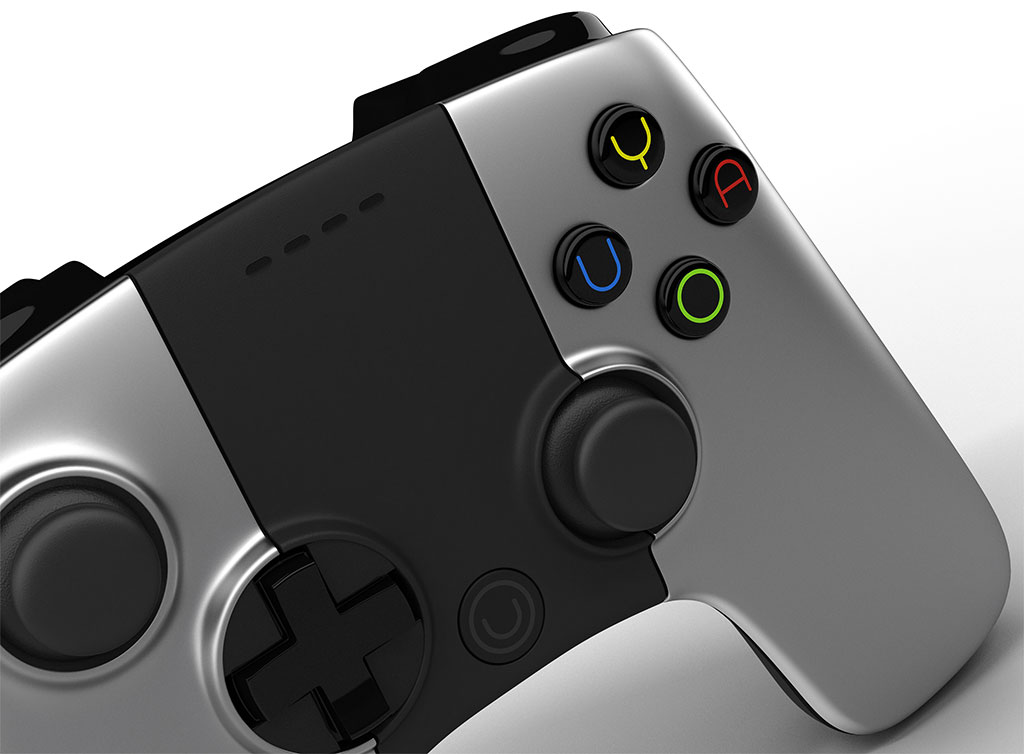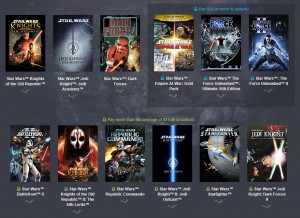 In 2012, a Kickstarter campaign was started to fund the creation of OUYA, a microconsole utilizing a version of the Android operating system. Earning $8.5 million, the campaign became Kickstarter’s second-most-backed project, and the energy surrounding OUYA and its vision is still going strong.
In 2012, a Kickstarter campaign was started to fund the creation of OUYA, a microconsole utilizing a version of the Android operating system. Earning $8.5 million, the campaign became Kickstarter’s second-most-backed project, and the energy surrounding OUYA and its vision is still going strong.
The idea behind OUYA was to offer the console-gaming experience for the type of casual games usually played on mobile devices and tablets. Recognizing that social gaming is the home to much of the innovation in the industry but that such games rarely find a foothold in the console market, OUYA sought to bridge that gap.
OUYA games must be at least partially free-to-play, and the console is designed to offer an affordable alternative to expensive console games. The device itself is easy to modify and can be rooted without voiding the warranty, a feature welcomed by many. Additionally, OUYA offers an open design to developers, providing a built-in dev kit to make building and releasing games accessible.
Essentially, OUYA seeks to usher in a future that welcomes innovation and tears down the road blocks experienced by many indie developers who want to see their games played on the big screen.
To boost the number of titles released on the console and reward independent game designers, OUYA launched its “Free the Games Fund” program in July of 2013. This program gives a serious boost to games being funded by Kickstarter: If a game reaches $50,000, OUYA will match the funds if the developer agrees to release the game on the OUYA console. OUYA has $1 million set aside to back this program.
Funded games can be released on PC, Mac and Linux, but must be console-exclusive to the OUYA for the first six months after release. This exclusivity clause includes mobile devices. To follow the revolution and see what games are being supported by #FreeTheGames, check the company’s website https://freethegamesfund.com/ or follow the hashtag “#FreeTheGames” on Twitter.



